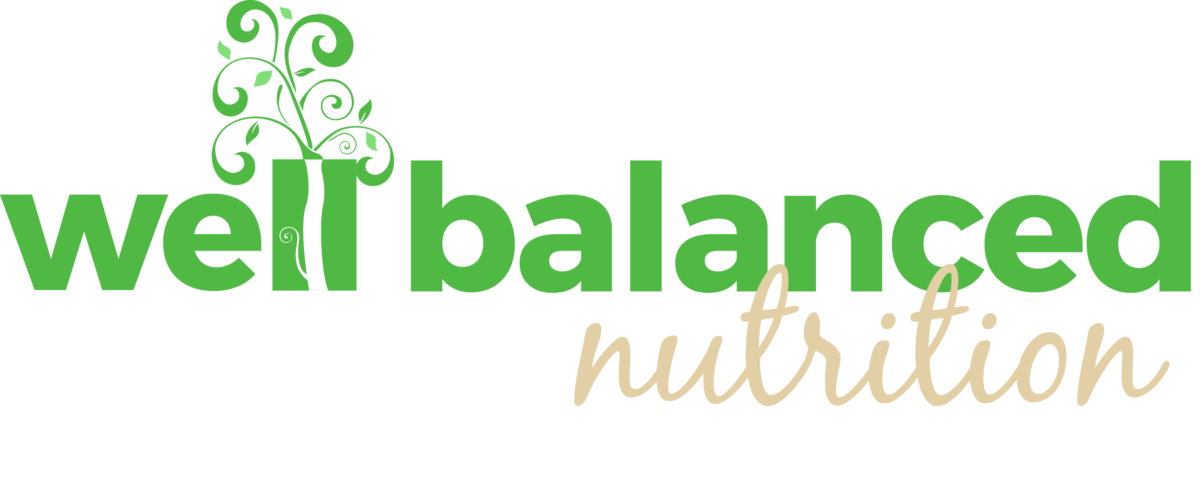Do you feel the pressure? The pressure to set a goal in the New Year? Maybe you are inundated with ads that make you feel like you should be working out more, eating squeaky clean, or organizing your entire house. While the new year can be an empowering time full of fresh start energy, it’s also a period when diet and wellness culture creeps in, pushing unrealistic standards and quick-fix solutions. This is your guide to navigating the new year noise and setting healthy and sustainable goals—without sacrificing your mental or physical well-being.
Why Avoid Diet Culture and Wellness Culture in Your Goal-Setting
The diet and wellness industries often capitalize on our insecurities to sell quick fixes and seemingly simple solutions, such as diet programs, water fasts, and “magic” supplements. It’s natural to feel tempted by the idea of looking and feeling better with minimal effort or time. After all, who doesn’t want to live their best life in 2025? However, these promises can lead us down a path of unsustainable practices that ultimately do more harm than good.
Diet and wellness culture will draw us in with the excitement of results, but leave us with:
- Extreme restrictions, such as cutting out entire food groups or drastically reducing calorie intake.
- Black-and-white or all-or-nothing thinking, where minor missteps feel like complete failures.
- Unsustainable habits, like intense workout regimens or overly rigid meal plans.
- A focus on weight loss over overall health, sidelining mental, emotional, and physical well-being.
As you can imagine, these approaches often lead to burnout, a negative relationship with food, and even long-term health issues.
By contrast, setting realistic and personalized goals—such as aiming to eat more vegetables daily, walking for 10 minutes after meals, or prioritizing quality sleep—can help you prioritize your well-being and foster lasting habits that support a balanced and healthy lifestyle.
Before Buying In To a New Year Program Look for These Red Flags
Not every diet or wellness program is created with your health in mind. Many are designed to capitalize on trends and generate profits rather than support sustainable, evidence-based practices. Here are some red flags to watch for:
- Promises of rapid body transformations, like losing a significant amount of weight in just a few weeks. Ads will focus on body shape and weight as the ultimate path to health and success.
- Elimination of entire food groups, such as carbs or fats, without clear medical reasoning.
- Relying on expensive products, such as proprietary supplements, shakes, or equipment, as the “key” to success.
- Lack of credible science, often highlighted by vague claims or testimonials instead of peer-reviewed studies. There is power in a testimonial, but one person’s experience does not equate to solid evidence it will work for you.
- One-size-fits-all solutions, ignoring individual differences in lifestyle, culture, access, and health needs.
If a program feels overly restrictive, too good to be true, or guilt-inducing, it’s worth reevaluating its suitability. Instead, look for approaches that emphasize balance, flexibility, and long-term health benefits without extreme measures.
6 Steps to Setting Healthy, Sustainable Goals
1. Reflect on Your Why
Start by asking yourself why you want to pursue a particular goal. Is it to feel more energized? Improve your mental clarity? Build strength? Understanding your intrinsic motivation ensures your goals align with your values, not societal pressures.
Example: Instead of “I want to lose 20 pounds,” think, “I want to feel more energetic during the day so I can play with my kids.”
2. Focus on Behaviors, Not Outcomes
Rather than setting goals based on results (like a specific weight or body size), focus on actions you can control. Behavioral goals are more actionable and less tied to external validation.
Examples:
- “I will cook a balanced dinner three nights a week.”
- “I will take a 10-minute walk after lunch.”
3. Make Your Goals SMART
SMART stands for Specific, Measurable, Achievable, Relevant, and Time-bound. This framework helps you create clear and realistic goals you can track over time.
SMART Goal Example: “I will drink at least 6-8 cups of water daily for the next 30 days.”
4. Build in Flexibility
Life happens, and rigid plans often lead to guilt or giving up entirely. Create goals that allow for adjustments and recognize that progress is not linear.
Example: Instead of “I’ll work out every day,” aim for “I’ll move my body in a way I enjoy at least 4 times a week.”
5. Celebrate Non-Scale Victories
Health isn’t just about numbers. Celebrate achievements like improved energy, better sleep, or feeling more confident.
Examples of Non-Scale Victories:
- Completing a challenging yoga pose.
- Preparing a new healthy recipe.
- Feeling less stressed during the workday.
6. Seek Support and Accountability
Share your goals with a trusted friend, family member, or a professional like a registered dietitian. Having a support system can keep you motivated when challenges arise.
Pro Tip: Check your insurance plan because it may cover visits with a Well Balanced dietitian at no additional cost. See how to check coverage in our FAQs.
5 Goal Ideas For Sustainable Healthy Habits and Non-Restrictive Eating
If you’re looking for inspiration, here are a few balanced and diet-culture-free goals:
- Add a vegetable to one meal every day.
- Eat the majority of your meals mindfully at a table.
- Start your day with a balanced breakfast that contains fiber and protein.
- Take a stretch break every hour if you work at a desk.
- Schedule one self-care activity a week, such as journaling or walking in nature.
Food for Thought
Setting healthy, sustainable goals doesn’t mean you have to overhaul your life or conform to diet culture’s unrealistic standards. By focusing on habits that nurture your overall well-being and embracing flexibility, you can make meaningful progress that lasts.
Are you ready to set goals that work for you? Let’s chat about how Well Balanced Nutrition can support your journey. Schedule a free clarity call today!



